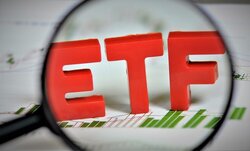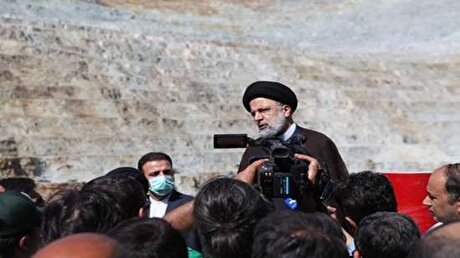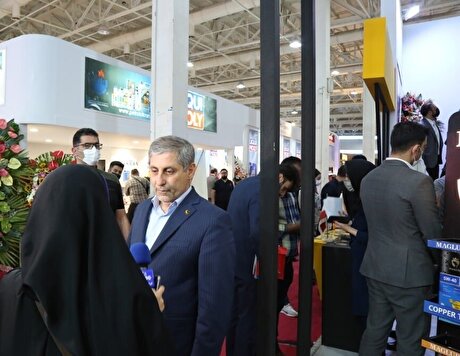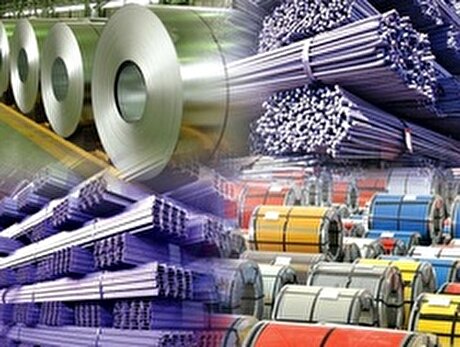Amending charter of first, second ETFs at final stages

Majid Eshqi said that clause by clause of the charter of these two funds must be approved by the government.
In mid-March, the official had said that the structure and charter of the mentioned ETFs would be amended, noting that the two funds had become a problem in the capital market and have a special structure.
"If this structure is reformed, the price of these two funds could be closer to the net value of their assets," he added.
According to Note 2 of the budget law of the past Iranian calendar year (ended on March 20, 2021), the government is allowed to offer and sell its remaining shares in the state-owned companies in the usual way or through the exchange-traded funds.
Following this legal capacity, at the beginning of the previous year, the cabinet allowed the Ministry of Finance and Economic Affairs to transfer the remaining government shares in the framework of three ETFs.
An ETF is an investment fund traded on stock exchanges, much like stocks. An ETF holds assets such as stocks, commodities, or bonds and generally operates with an arbitrage mechanism designed to keep it trading close to its net asset value, although deviations can occasionally occur.
In May 2020, the government sold shares in three banks and two insurance companies via the first exchange-traded fund (dubbed Dara First).
The bank-based ETF holds 17 percent of government stake in Tejarat Bank, 17 percent in Bank Mellat, 18.32 percent in Bank Saderat Iran, 17.34 percent in Alborz Insurance Company and 11.44 percent in Amin Reinsurance Company.
Dara First, listed on Tehran Stock Exchange, which is Iran’s major stock exchange, was the first fund from a series of three ETFs, through them shares of some state-owned organizations and companies are planned to be offered.
The shares to be offered via the mentioned Iranian ETFs belong to those governmental bodies defined in Iran’s privatization program, a comprehensive plan seriously followed up by the government to downsize and reduce its role in the economy.
The second ETF (dubbed First Refinery, or Dara Second), which holds government shares in four major oil refining companies, namely Tehran Oil Refining Company, Isfahan Oil Refining Company, Tabriz Oil Refining Company and Bandar Abbas Oil Refining Company, was offered in late August 2020.
The government owns 20 percent of shares in each refinery.
It had also a plan to divest shares in giant auto and metal companies through a third ETF (dubbed Dara Third). The third fund was expected to hold 12.05 percent of government stakes in the National Iranian Copper Industry Company, 17.2 percent in Mobarakeh Steel Company, 14.04 percent in Iran Khodro, and 23 percent in SAIPA (the two main domestic carmakers).
Source: Tehran Times


